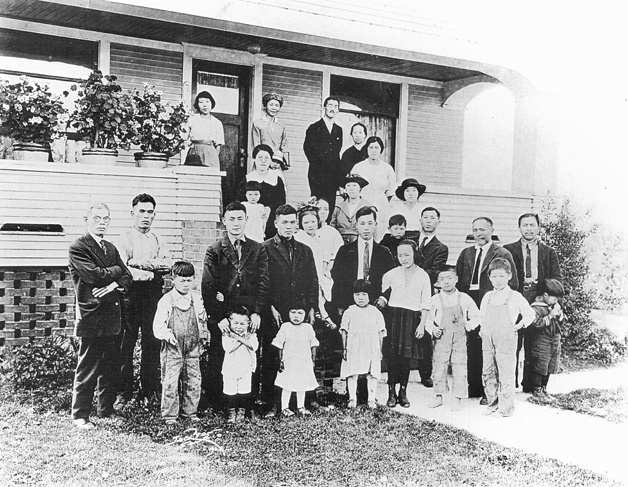Gordon Hirabayashi meant to follow the rules.
After the Japanese attack on Pearl Harbor on Dec. 7, 1941, Hirabayashi, a 24-year-old senior at the University of Washington and a 1937 Auburn High School graduate, defied an executive order from President Franklin Roosevelt mandating an 8 p.m. curfew for all people of Japanese descent living on the West Coast.
And in May 1942 when the government issued its infamous order for forced removal to internment camps of all people of Japanese descent living on the West Coast, Hirabayashi once again intended to go along.
“But then I thought, ‘If I couldn’t accept curfew, how can I accept this thing? It’s even worse. I’m not going to allow my citizenship to be usurped without my protest. I’m going to stand up for my rights.’ Immediately I knew I couldn’t board the bus,” Hirabayashi later said.
So he refused to board the last Seattle bus carting Japanese-Americans away to internment camps. In so doing, he became one of only three Japanese-Americans during World War II to violate the government’s exclusion order.
Ultimately, Hirabayashi, who grew up in the farming community of Thomas, north of Auburn, surrendered to the FBI. He was arrested, convicted and sentenced to 90 days in a prison camp in Arizona.
“I wasn’t a rebel looking for a cause,” Hirabayash, who died Jan. 2 at age 93 in the Canadian city of Edmonton, told the University of Washington in a 2000 newsletter. “In fact, I was preparing to go. But in the days before I was supposed to leave, I realized that I couldn’t do it.”
Hirabayashi had suffered from Alzheimer’s for several years, according to family.
His case, Hirabayashi v. United States eventually reached the Supreme Court, where the American Civil Liberties Union argued that the exclusion order violated Hirabayashi’s civil rights. The High Court ruled, however, that military necessity justified imposing an ethnicity-specific curfew.
Hirabayashi served time in prison and in a work camp before his pardon in 1947.
After the war, Hirabayashi earned his doctorate in sociology and served as department chair at three universities, including the University of Alberta in Edmonton, where he spent 24 years before his 1983 retirement.
Shortly after his retirement, Hirabayashi received a call from Peter Irons, a political science professor at the University of California, San Diego. Hall said he had found documents that showed evidence of government misconduct in 1942 — evidence that the government had known there was no military reason for the exclusion order but withheld from the Supreme Court.
With this new information, Hirabayashi’s case was retried. His conviction was overturned in 1987.
Hirabayashi said that while he recognized that his parents and other Japanese immigrants might have problems after the attack on Pearl Harbor because they had not been eligible for naturalization upon their entrance to the United States, he didn’t think his generation would suffer that fate.
“… The second generation, my generation, were U.S. citizens,” Hirabayashi said in the newsletter. “We had Constitutional rights. I didn’t think anything could happen to us. We had a rude awakening.”
“There was a time when I felt that the Constitution failed me,” he said. “But … the U.S. government admitted it made a mistake. A country that can do that is a strong country.”
“It’s a very key civil rights case for Japanese Americans, ” said Auburn Attorney Yvonne Kinoshita Ward. “I love what he did and all that he represents.”


